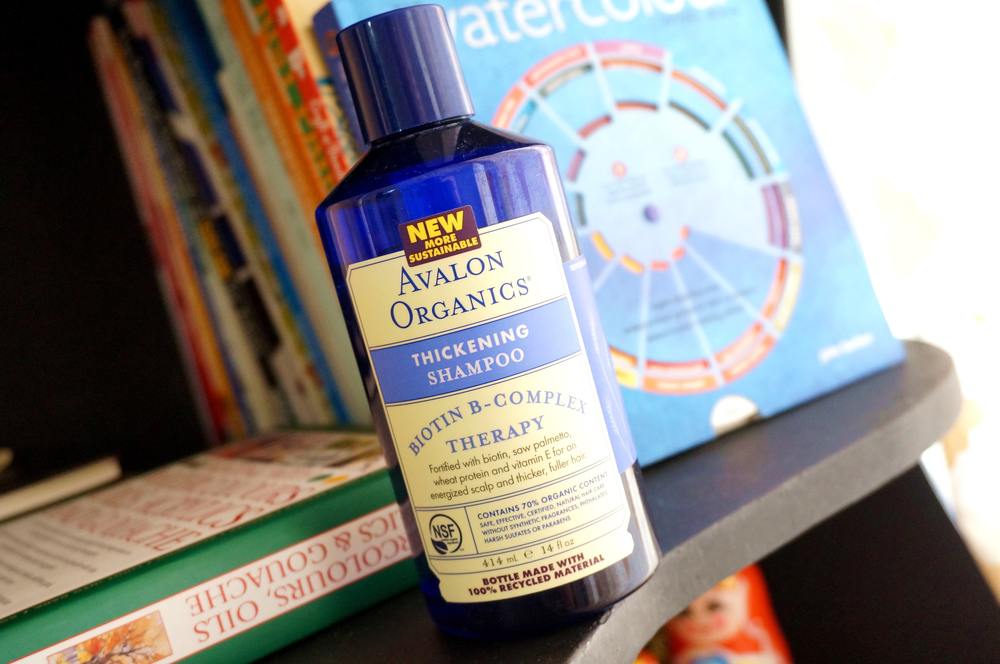Is your hair fall normal, or is it already alopecia?
Growing up, I had long, thick, black hair. When I was in high school, though, my mom started noticing that my hair would be everywhere in our house – on the floors, on the sofa and on the bed. But it didn’t alarm her enough to take me to a doctor; I think she was more annoyed about having to sweep and pick them up! I didn’t give much thought to it either. My hair remained very thick even though I regularly lost quite a lot of strands. But things changed after I gave birth.
I had read that it’s normal for women to shed hair after giving birth, so I didn’t mind that my hair started to look limp after my daughter was born. It was supposed to go back to normal anyway. So, I stopped minding it… until a few months ago. I was seriously considering going to the doctor to have my scalp checked because my hair was at its thinnest, and I was scared that I would soon wake up with a bald patch. But I decided to do some research first, and learned that there's a difference between actual hair loss and normal shedding.
According to dermatologists, you can expect to lose 100 to 150 hairs a day. It may seem like a lot but that’s considered normal shedding. Problem is, it might be hard to tell if you’re still shedding because the amount of hair you lose can also depend on your hair type. If you have long hair strands, it would look like you shed more. If you have shorter hair, it may look like you’re shedding fewer hairs. The best way to tell if it’s serious hair loss is if you shed a huge amount of hair for more than three months and start noticing a bald spot.
What causes hair loss? It’s a variety of things. It can be your diet, how frequently you shampoo, how stressed you are, a vitamin deficiency, hormonal changes, thyroid problems, or menopause. Sometimes, it can also be caused by an autoimmune disease (as in the cases of people who suffer from alopecia).
The weather can also play a part in shedding. People usually lose more hair when it’s cold. Meanwhile, our hair is naturally at its thickest during the summer in order to protect our scalp from UV rays!
Now, how do you treat hair loss? You can only stop it from happening if you’ve identified what’s causing it. See a doctor to help identify the probable culprit. If it’s a dietary problem, focus on eating healthier and up your protein intake. The recommended amount is two to three 3-ounce servings of meat, or four to five servings of beans and dairy. You should also eat foods that are high in omega-3 fatty acids like eggs, fish, nuts and seeds because they help promote a healthier scalp.
If your shampoo habit is the culprit, try changing it up. Shampoo helps exfoliate the scalp, which in turn helps to keep your hair follicles healthy, but doing it too much might strip off the hair of its natural oils and cause them to be brittle. You can try the Phyto Paris Phytocyane Densifying Treatment Shampoo (P795 in Rustan's), which is a pretty effective shampoo for thickening hair. If you're on a budget, you can try the Zenutrients Gugo Hair Strengthening Shampoo and Conditioner (P234 and P260) as well as the Avalon Organics Thickening Shampoo (P399 in Watsons)



As for the frequency of showering, there is no prescribed number of washes for every person because it would still vary depending on your hair’s health. Generally though shampooing once a week is advised. Those who have dandruff problems are suggested to shampoo twice a week. You can use a dry shampoo in between washes.
If stress is getting the best of you lately, you may want to try to chill out. Not only would it do wonders for what’s inside your head, it might also help improve what’s on your head.
Losing hair due to breakage caused by styling and coloring damage is not considered hair loss per se, and can be remedied with the help of conditioners and hair strengthening products.
If you’re losing a copious amount of hair, have started to feel some bald spots, and suspect that it might be due to a vitamin deficiency or another health-related problem, consult your doctor so they can tell you which supplements or medicine to take or what treatment to get. Don't attempt to self-medicate,
We hope this helped answer some of your questions about hair loss and shedding. Do you have a hair loss or hair shedding story to share?
Sources: WebMD, Women’s Health, Refinery 29



